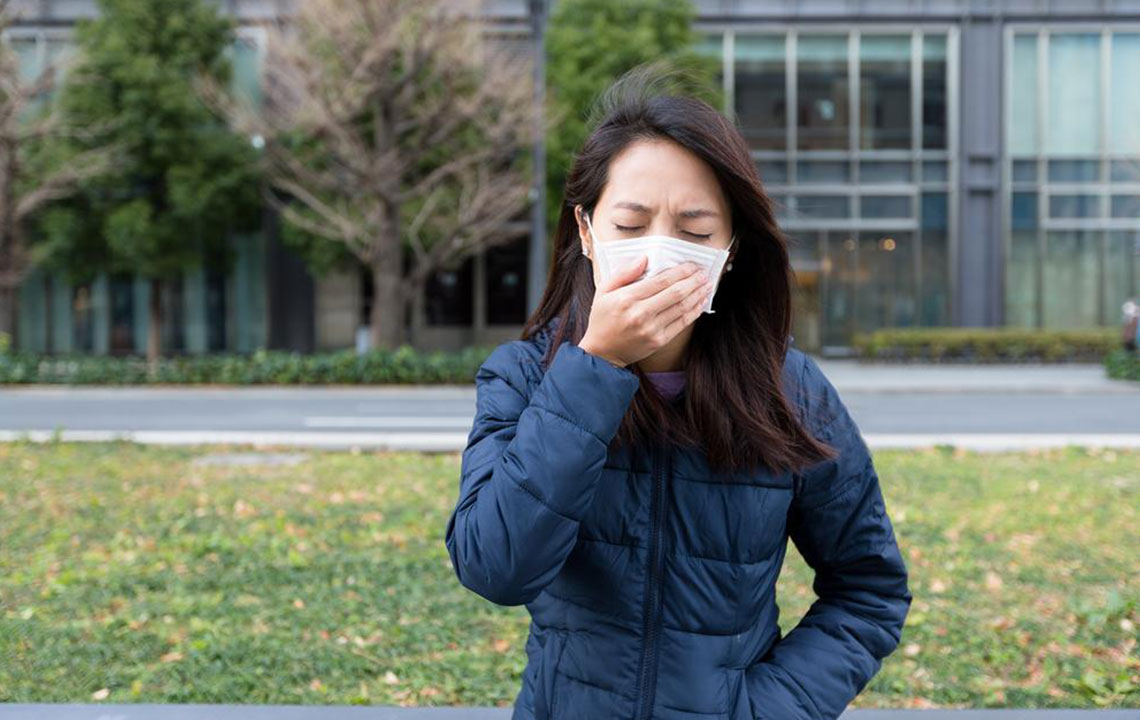Effective Lifestyle Strategies to Prevent Cold and Flu Seasons
Discover effective lifestyle strategies to prevent cold and flu infections. From proper hand hygiene and nutritious eating to regular exercise and adequate sleep, these comprehensive tips will help you boost your immune system and stay healthy during seasonal outbreaks. Incorporate these habits into your routine for long-term wellness and protection against common illnesses.

Effective Lifestyle Strategies to Prevent Cold and Flu Seasons
Staying healthy during the cold and flu season requires more than just vaccination; it involves adopting everyday habits that strengthen your immune system and minimize exposure to viruses. By integrating simple yet impactful lifestyle changes into your daily routine, you can significantly reduce your risk of falling ill and ensure better overall health. These proactive measures not only protect you but also contribute to your long-term well-being. Let's explore comprehensive strategies to help you stay resilient against seasonal illnesses:
Prioritize Proper Hand Hygiene
Consistent and thorough handwashing is one of the most effective ways to prevent the spread of infectious germs. Before eating, after returning home, or touching public surfaces, make sure to wash your hands with soap and water for at least 20 seconds. When soap and water aren’t available, an alcohol-based sanitizer can serve as an excellent alternative. Proper hand hygiene reduces the presence of bacteria and viruses on your skin, preventing them from entering your body through the mouth, nose, or eyes. Additionally, teach children the importance of handwashing, as it is an essential barrier against illnesses.
Resist the Urge to Nose-Pick
It may be tempting to pick your nose, especially when it feels uncomfortable, but this habit can introduce viruses directly into your respiratory system. Mucus can harbor germs that cause colds and flu, and handling your nose with unwashed hands increases infection risk. Instead, use tissues or gently blow your nose into a tissue or sink to clear congestion without contaminating your hands. Promoting good respiratory hygiene can drastically cut down on germ transfer and protect your health.
Eat a Well-Balanced, Nutritious Breakfast
Starting your day with a wholesome breakfast fuels your body with essential nutrients needed for optimal immune function. Incorporate fruits, vegetables, whole grains, and lean proteins into your breakfast to supply vitamins such as C and D, zinc, and antioxidants. Proper nutrition supports the body's natural defenses, making it more resilient against cold and flu viruses. Avoid processed and sugary foods, which can impair immune response and increase inflammation.
Maintain Cut and Clean Nails
Long, dirty, or unclean nails can serve as hiding places for germs and dirt, which can be transferred to your mouth or facial areas. Make it a habit to trim your nails regularly and keep your hands clean. This simple step reduces the risk of bacterial and viral infection, especially when handling food or touching your face. Additionally, avoid biting your nails, as this increases the chance of introducing germs into your body and causing infections.
Engage in Regular Physical Activity
Exercise is crucial for overall health and immune support. Moderate physical activity such as walking, cycling, yoga, or aerobic workouts stimulates circulation, enhances lymphatic flow, and promotes toxin elimination through perspiration. Regular workouts also help regulate weight and reduce stress levels—both important factors in maintaining a robust immune system. Aim for at least 150 minutes of moderate exercise weekly for optimal benefits. Remember that overtraining can weaken your immune defenses, so balance is key.
Ensure Adequate Rest with Quality Sleep
Sleep plays a vital role in immune regulation. Adults should aim for 7-8 hours of restful sleep each night to allow the body to repair, recharge, and defend itself effectively. Lack of sleep or poor-quality sleep can impair immune cell activity and elevate susceptibility to infections. To improve sleep quality, establish a consistent sleep schedule, create a calming bedtime routine, and keep your sleeping environment cool, dark, and quiet. Proper rest supports your body’s ability to fight off seasonal illnesses and recover quickly when sick.
Incorporating these comprehensive lifestyle habits into your daily routine can considerably enhance your immune resilience. While no method guarantees complete immunity, these practices serve as effective preventive measures to help you stay healthy during challenging times, especially during cold and flu seasons. Consistent dedication to these habits builds a stronger defense against common illnesses, promotes overall well-being, and empowers you to maintain an active, healthy lifestyle.





